When using IMUL instruction with a single 8-bit operand, the result is stored in AX register. I have the following code
mov eax, 0
mov ebx, 0
mov al, 48
mov bl, 4
call dumpregs
imul bl
call dumpregs
48 * 8 is 192(C0 in hex), which is correctly stored in AX register as 00C0(see the output below). The signed range of AX register is -32,768 to +32,767, and unsigned range is 0 to 65,535. Therefore both the OF and CF flag should be clear(0). But as you can see in the following output, they both are set(1).
